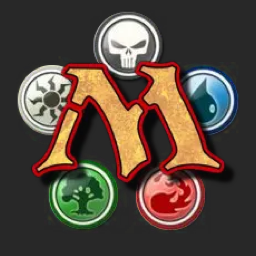A shower thought which applies not specifically to MTG, as it would obviously be a different game.
What problem does this idea try to solve?
Balancing. It is hard to balance every card during design phase (or even impossible, as can be shown), which results in some overpowered cards which make the game less fair.
How?
Supply and demand. A card which is played often (by many players, in many games) has it’s mana cost increased slightly. A card which is played rarely becomes cheaper.
Implications
This is probably not feasible with most mana costs sitting in the 1-digit-range. We can’t make a 2-cost card “slightly” cheaper. So we would either need a mana system which works with decimals (e.g. 3.1415 CMC), or raise the integer system to a higher plateau (e.g. 314 CMC)
It’s also only contemplable in digital versions, where a server can monitor every card drop, and adjust costs accordingly.
A big drawback is that your deck’s costs can change over night (or even between consecutive games), forcing players to edit their decks more frequently. A partial solution could be a notification system, and/or scheduling the recalculations to a slower frequency, like once per week or once per month.
A big advantage is that we now have an impartial Big Brother watching the balancing. Humans can err, crowds and echo chambers even more so. When people complain about an imbalanced card, is their cause justified or is it just a small but loud minority? Monitoring the cold hard data seems like a better way, and automated problem solving likewise.
What are your thoughts on this idea? Do you know another TCG which applies something similar?


That makes much more sense, yes.
Your other thoughts are also good and welcome. Yeah, tracking what cards tournament players include is probably sufficient!
I would say there may also be some value in seeing what actually gets played. Especially among middle level players who might not have perfectly aligned their decks with how they play. For example, a player might think they want to play a card and put it in their deck, but then find out it’s actually too expensive to play in the game once they draw it, so it stays in their hand.